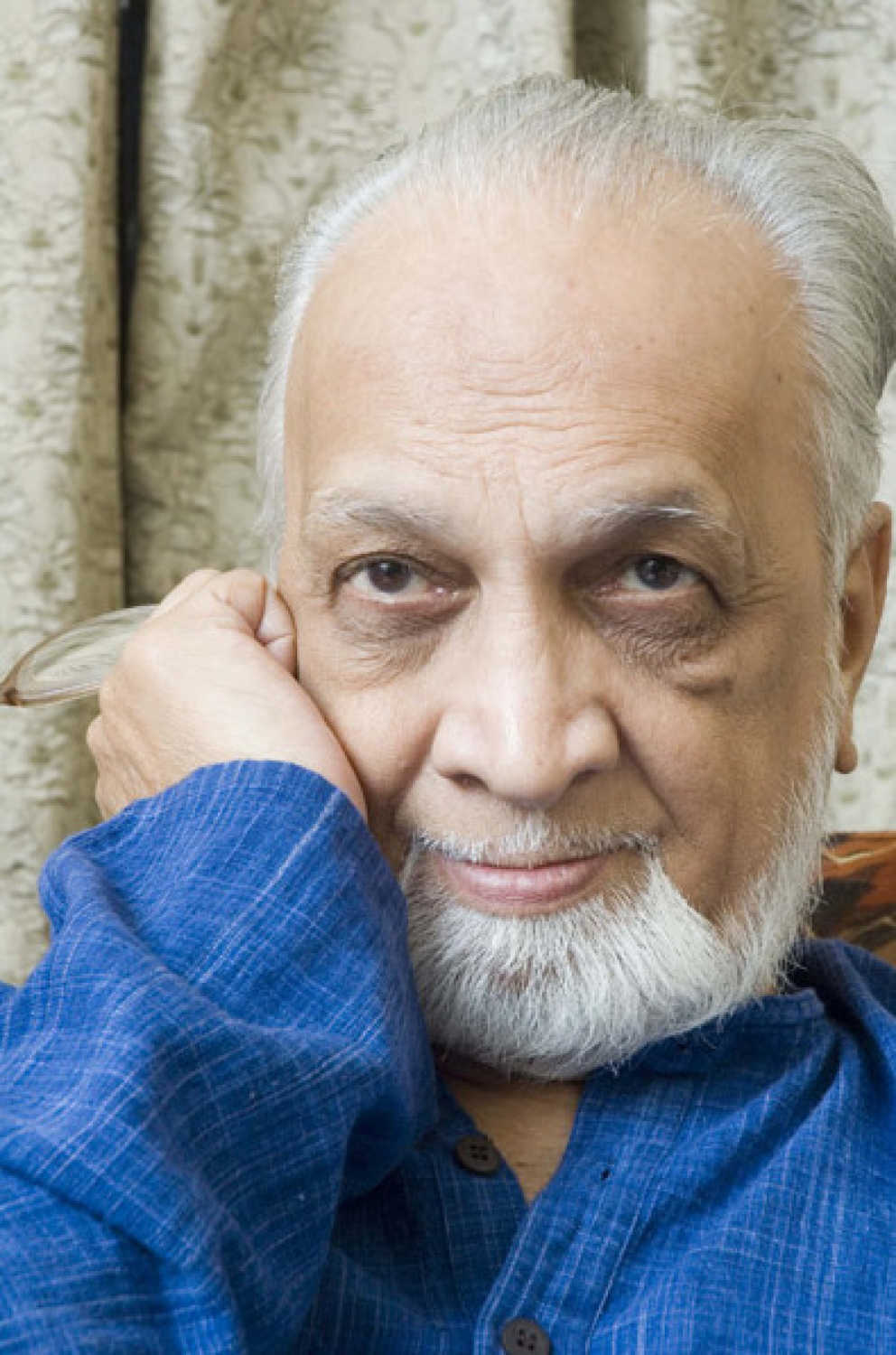His direct scripts and fiery thoughts burned a deep impression on Indian theatre and cinema. Vijay Tendulkar wreaked more damage to societal injustice through his pen than Amitabh Bachchan could ever do with his fists on screen. Here's how he did it.


Shriram Iyengar
Marx, ever the revolutionary, once said 'To be radical is to grasp the root of the problem.' Very few intellectuals are blessed with the dogged ability to perspire till they excavate the root. More often than not, many choose to let it remain buried for the fear of the evils the search for truth might unearth. For Vijay Tendulkar, this fear was not an option. His works were born out of the suffocation and injustice that surrounded Indian society and the middle class. His plays exploded with graphic descriptions of violence that set the tone for the irrepressible demand for individual rights.
Vijay Dhondopant Tendulkar is one of the most critically acclaimed and talked-about playwrights and screenplay writer to make the journey from theatre to cinema. That he retained the violent integrity of his works in both mediums is a testament to his acumen and sensibilities. A product of the educated and liberal middle class in the city of Mumbai, Tendulkar's plays stem from a deep compassion and respect for human life. His protagonists are almost always oppressed, poor and disenfranchised individuals struggling to maintain their identity in the midst of the social injustice. His early plays like Shrimant and Ghashiram Kotwal displayed the acidic and violent potential of his insight. Shrimant spoke about the oppression of women in the upper middle class. The tale of a rich father seeking to 'buy' a husband for his dishonoured daughter was a pinprick on the bare nerves of the upper class. 'Ghashiram Kotwal' was a play that skewered the corruption and lecherousness present in the Brahmin middle class. The portrayal of Nana Phadnavis as a lecherous old man, as opposed to his position as revered statesmen in legends, angered the political class and led to several bans and threats. His thirst for discovering and expressing reality in all its naked ugliness was unparalleled. With his peers like Mohan Rakesh, Satyadev Dubey and Mahesh Elkunchwar, Tendulkar joined a select group of writers who 'dared to disturb' the sedate universe of middle-class bureaucracy and apathy. Their liberal education and a strong sense of justice gave these stories an additional weight. As a journalist, he had been exposed to the deepest and darkest stories of human injustice. His training as a writer enabled him to transform these ignored human stories into powerful moral tales.
In his cinematic work, the playwright continued to spew venom at the apathy of the government and all classes of society. In Shantata! Court Chalu Aahe, he portrayed the travails of a single unwed mother under the guise of a mock play by her peers. The rise of filmmakers like Shyam Benegal and Govind Nihalani allowed him the freedom to vent his sharp political ideas onscreen. It was Nihalani who said, " Tendulkar gave a certain direction to the new cinema when we were starting out. His vision and his engagement with the reality of the period gave a direction, not just in terms of content but also form. That would be his contribution to Indian cinema." The playwright's words added explosive power to the posture of Om Puri's hardcore cop, Anant Welankar.  The screenplay for Ardha Satya allows no space for Velankar to wallow in any self-pity. There is no space for any introspection. Welankar is thrown from one act to another, only to realise that even his best efforts will not break down the system. The violence and anger erupting on screen are a product of this realisation. The final scene of Govind Nihalani's Aakrosh is a classic example of this symptom. In both cases, violence brings about the end, but not the solution. In Sinhasan, the violence takes a political angle. The oppression and violence are strategically perpetrated to achieve an end - power. Though his films have always portrayed violence and graphic scenes, they have served to establish the reality of the times, rather than embellish it. Films like Umbartha, and Akriet showed his skill as a screenwriter and promoted the magic. The ability to sketch intense social tensions as skilfully as individual quandaries set him apart from the rest.
The screenplay for Ardha Satya allows no space for Velankar to wallow in any self-pity. There is no space for any introspection. Welankar is thrown from one act to another, only to realise that even his best efforts will not break down the system. The violence and anger erupting on screen are a product of this realisation. The final scene of Govind Nihalani's Aakrosh is a classic example of this symptom. In both cases, violence brings about the end, but not the solution. In Sinhasan, the violence takes a political angle. The oppression and violence are strategically perpetrated to achieve an end - power. Though his films have always portrayed violence and graphic scenes, they have served to establish the reality of the times, rather than embellish it. Films like Umbartha, and Akriet showed his skill as a screenwriter and promoted the magic. The ability to sketch intense social tensions as skilfully as individual quandaries set him apart from the rest.
A complex man who spoke as ferociously as he wrote, Vijay Tendulkar was a warrior of the pen. His commitment to the crusade against injustice and social apathy was unadulterated even in his later years. Even in the years after his success with films like Nishant and Ardha Satya, Tendulkar remained devoted to the cause and never strayed from the ideal of writing for political and socially relevant films. In an age where filmmakers are shying away from touching any political topic and kowtowing to authorities, Tendulkar's films are a reflection of how great works are often fuelled by a sense of anger.




